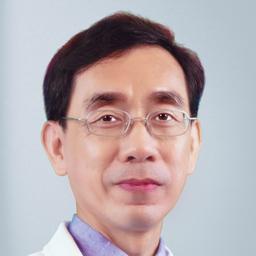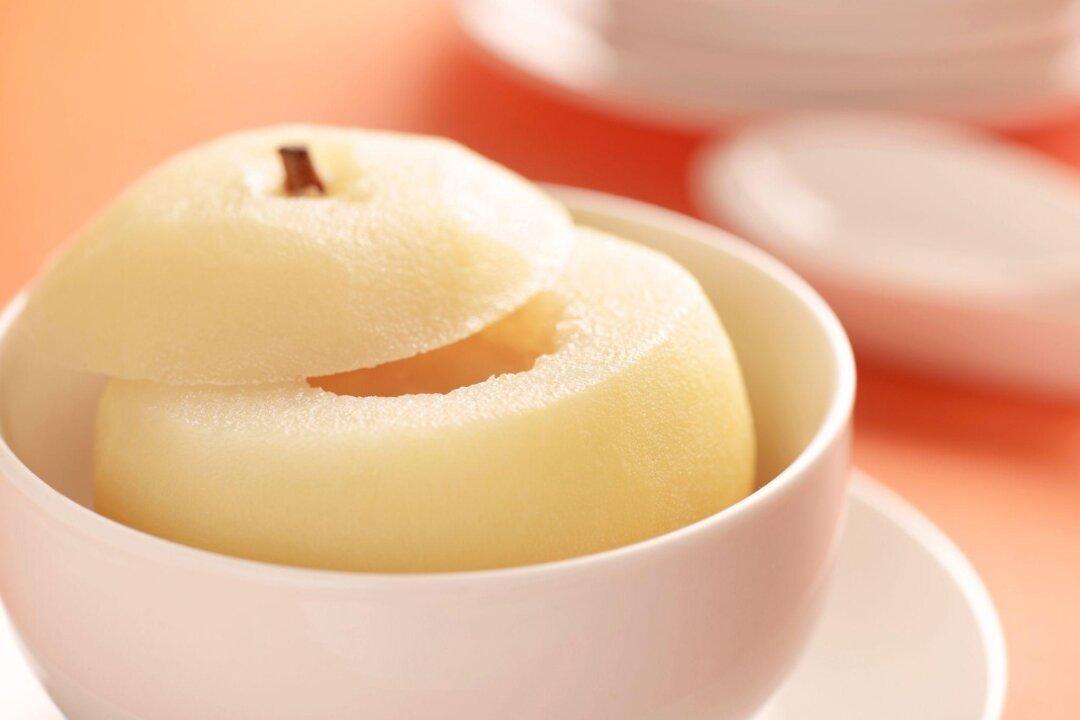Loose teeth, forgetfulness, frequent urination, lower back pain, weak legs, and even infertility may all be linked to a weakened “kidney,” according to traditional Chinese medicine (TCM).
The Functions of the Kidney in TCM
According to TCM, the kidney is responsible for several key functions:1. Storing Essence (Jing) and Governing Reproduction
The kidney stores essence (jing), which is regarded as the foundation of life and the root of all organ function in TCM.This essence has two sources: prenatal essence, inherited from one’s parents at conception, and postnatal essence, which is derived from food and fluids and transformed by the spleen and stomach before being stored in the kidney.
The kidney’s role in reproduction and development is closely tied to its ability to store and regulate essence. If the kidney cannot effectively store essence, symptoms such as involuntary ejaculation, sperm leakage, or infertility may arise.
2. Nourishing and Warming the Organs and Tissues
The kidney’s essence gives rise to two key functional aspects in TCM: kidney yang and kidney yin. They reflect the broader theory of yin and yang, which categorizes all energy—both within the body and in nature—into two opposing yet complementary forces. For instance, night is considered yin, while day is yang.Kidney yang, also referred to as primordial yang or genuine yang, is the root of the body’s yang energy. It serves to impel and warm the organs and tissues, supporting normal physiological activity.
Kidney yin, also known as primordial yin or genuine yin, is the foundation of the body’s yin fluids. It moistens and quiesces the organs and tissues, helping to preserve internal balance.
A deficiency in kidney yang may result in symptoms such as cold intolerance, cold limbs, soreness in the lower back and knees, male sexual dysfunction (including erectile difficulties or premature ejaculation), and infertility in women due to what TCM refers to as “cold in the uterus.”
3. Governing Water Metabolism
The kidney governs water metabolism, a function primarily regulated by kidney yang. When kidney yang is deficient, the body’s ability to transform and transport fluids becomes impaired, leading to fluid retention. This may result in symptoms such as reduced urination, urinary retention, or even edema.4. Governing Qi Reception
While respiration is governed by the lungs, the kidney plays a crucial supporting role in receiving qi (vital energy)—a process that helps anchor inhaled air. This is why TCM refers to the lungs as the “governor of qi” and the kidneys as the “root of qi.”The lungs are primarily responsible for exhalation, while the kidneys assist in drawing in and securing inhaled qi. Only when these two organs function in harmony—balancing yin and yang—can breathing remain smooth and regulated.
5. Governing the Bones, Generating Marrow, and Nourishing the Brain
In TCM, the kidney stores essence, which gives rise to marrow (sui). Marrow fills and nourishes the bones, meaning that healthy bone growth and strength depend on the sufficiency of kidney essence. For this reason, the kidney is said to govern the bones.When kidney essence is deficient and fails to produce adequate marrow, the bones may lose nourishment. This can lead to symptoms such as weakness in the lower back and knees, difficulty walking, delayed development in children, or late closure of the anterior fontanelle in infants (a soft spot on a newborn baby’s skull).
In TCM, the teeth are considered an extension of the bones, sharing the same foundation in kidney essence. Therefore, when kidney essence is insufficient, the teeth may become loose or even fall out.
Marrow in TCM refers collectively to both spinal marrow and brain marrow, with the spinal cord connecting to the brain. The brain is regarded as the “sea of marrow,” formed and nourished by kidney essence. When this sea is deficient—because of kidney essence depletion—symptoms such as dizziness, blurred vision, tinnitus, poor memory, and fatigue may occur.
In addition to generating marrow, kidney essence also contributes to blood production. Sufficient kidney essence helps ensure healthy blood production.
TCM holds that “the hair is the extension of blood,” meaning that hair growth and quality are closely tied to the nourishment of blood. However, the root vitality of the hair lies in kidney essence.
In youth and early adulthood, when kidney essence is plentiful, the hair is typically thick, lustrous, and healthy. As kidney qi declines with age, the hair may become dry, gray, or begin to fall out.
The kidneys produce erythropoietin, a hormone that stimulates red blood cell production. Impaired kidney function can reduce erythropoietin production, resulting in decreased red blood cell formation.
6. Opening Into the Ears and Governing the 2 Lower Orifices
In “The Yellow Emperor’s Classic of Internal Medicine” (Huangdi Neijing), the chapter titled “Measurements of the Vessels” states, “Kidney qi connects to the ears; when the kidney is in harmony, one can hear the five tones.” In TCM, the kidney is said to open into the ears, meaning that healthy hearing depends on the nourishment provided by kidney essence.When kidney essence is deficient, the ears may become undernourished, leading to symptoms such as tinnitus, hearing loss, or even deafness.
The two lower orifices refer to the anterior yin (the urethra and reproductive organs) and the posterior yin (the anus). The kidney is believed to regulate the function of both.
Kidney yang deficiency may lead to symptoms such as difficult urination, frequent or excessive urination, loose stools, erectile dysfunction, or premature ejaculation.
Summary
Understanding the functions of the kidney is essential to maintaining kidney health. In TCM, certain black-colored foods are believed to nourish the kidney, and when prepared appropriately, they can be part of a diet that supports its function.In our next article, we’ll take a closer look at how food can be used to help strengthen and protect kidney health.







